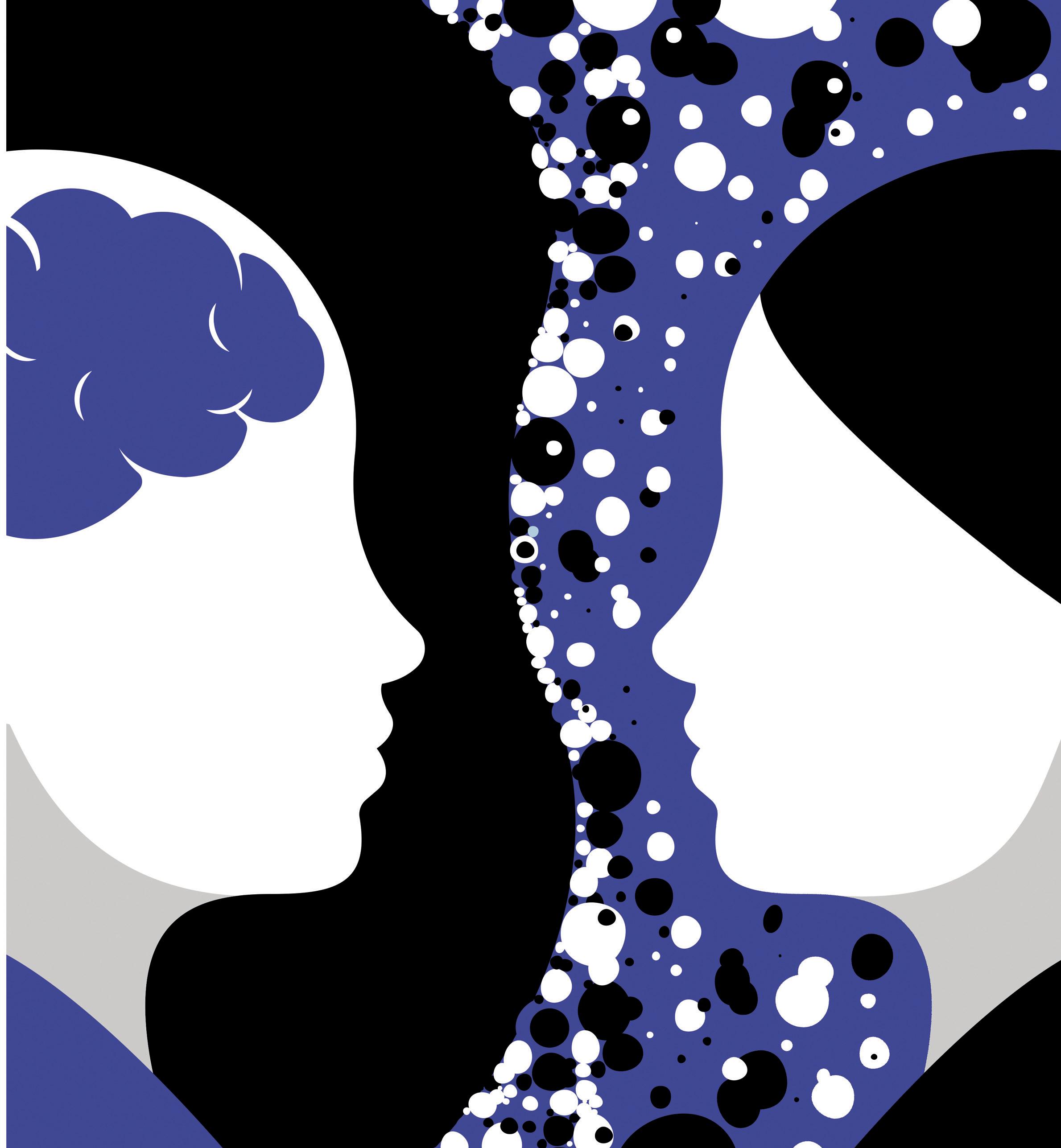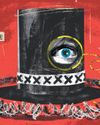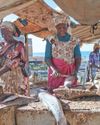A new horizon' The inverse link between cancer and dementia

With age comes disease. Cancer and Alzheimer's dementia are among the commonest and most feared health conditions - particularly in countries with ageing populations. Several decades ago, researchers at a psychiatric centre in New York observed a curious relationship between these two diseases. At autopsy, they found an inverse relation between cancer and Alzheimer's disease.
In one of the first epidemiological studies on the topic, Jane Driver of Brigham and Women's Hospital in Boston, Massachusetts, tracked 1,278 participants aged 65 and older for a mean of 10 years. Published in 2012, the results showed cancer survivors had a 33% decreased risk of then developing Alzheimer's compared with people without a history of cancer.
As intriguing as the finding was, the scientific community urged caution and pointed out potential pitfalls in dealing with age-related diseases.
One of them concerned a so-called survival-bias: perhaps people with a history of cancer simply do not live long enough to develop Alzheimer's.
Since then, scientists have analysed the relationship between cancer and Alzheimer's in more detail and built a compelling case. In the largest study to date, published in July this year, researchers at Imperial College London provide convincing evidence of a lower incidence of dementia following a cancer diagnosis.
They looked at the NHS health data of more than 3 million people aged 60 and over and followed them for a mean period of 9.3 years, taking extra care to correct for potential biases. Their results show that cancer survivors have a 25% lower risk of developing age-related dementia compared with people without a history of cancer.
The inverse association was observed for the most common types of cancers such as prostate, colon, lung and breast.
"The relationship between cancer and Alzheimer's disease is intriguing and persistent," says Erin Abner, a professor at the University of Kentucky.
Diese Geschichte stammt aus der November 22, 2024-Ausgabe von The Guardian Weekly.
Starten Sie Ihre 7-tägige kostenlose Testversion von Magzter GOLD, um auf Tausende kuratierte Premium-Storys sowie über 9.500 Zeitschriften und Zeitungen zuzugreifen.
Bereits Abonnent ? Anmelden
Diese Geschichte stammt aus der November 22, 2024-Ausgabe von The Guardian Weekly.
Starten Sie Ihre 7-tägige kostenlose Testversion von Magzter GOLD, um auf Tausende kuratierte Premium-Storys sowie über 9.500 Zeitschriften und Zeitungen zuzugreifen.
Bereits Abonnent? Anmelden

'Gone crazy' Escalation in drone strikes as Trump berates Putin
Moscow launched three consecutive nights of massive drone strikes against Ukraine, as Donald Trump broke his silence to suggest the Russian leader, Vladimir Putin, had “gone crazy”.

It's not immigrants who don't 'integrate' with the rest of us-it's the elite
Amid all the acrimony surrounding Keir Starmer's recent remarks on immigration - a row that could follow him into retirement and beyond - there has been one little-examined area of agreement between the prime minister and his critics. “When people come to our country,” Starmer said, “they should also commit to integration.”

Fish meal The hidden impact of farmed sea bass
An investigation reveals how UK consumers buying fish are playing a role in food insecurity and unemployment
A deadly mission
Dom Phillips was working on a book about saving the Amazon when he was killed. In this extract. he reflects on his encounters with the rainforest and its people

Ode to soy The perfect sauce? An expert spills the beans
In the lush foothills of Damyang county, rows of earthenware jars stood under the Korean sky. Inside each vessel, a transformation was taking place. This is the domain of Ki Soon-do, South Korea's sole grand master of traditional aged soy sauce, where patience isn't just a virtue but an essential ingredient.

Soul survivor
With a new album and a boost from Black Mirror, Irma Thomas, the 84-year-old 'Soul Queen of New Orleans', is hitting new heights

'Gone crazy' Escalation in drone strikes as Trump berates Putin
Moscow launched three consecutive nights of massive drone strikes against Ukraine, as Donald Trump broke his silence to suggest the Russian leader, Vladimir Putin, had \"gone crazy\".

Long wait for truth about yacht tragedy
Sicilian fishing village watches the salvage of tycoon’s sailboat for answers on the causes of its sinking

Movies and shakers
Cinema-going has yet to recover from the pandemic drop but key Hollywood figures are working hard to ensure the theatrical experience does not die

Trump card Ramaphosa earns praise for keeping his cool
Many South Africans have praised their president, Cyril Ramaphosa, for staying calm when Donald Trump ambushed him in the Oval Office with a video purporting to back up his false claims of a “genocide” against white Afrikaner farmers.
